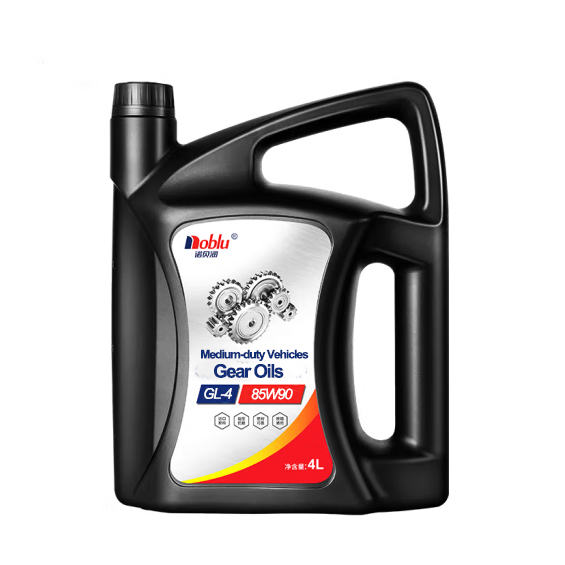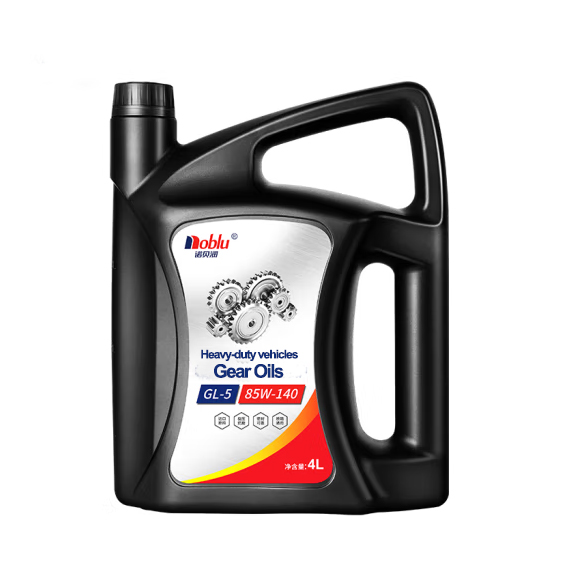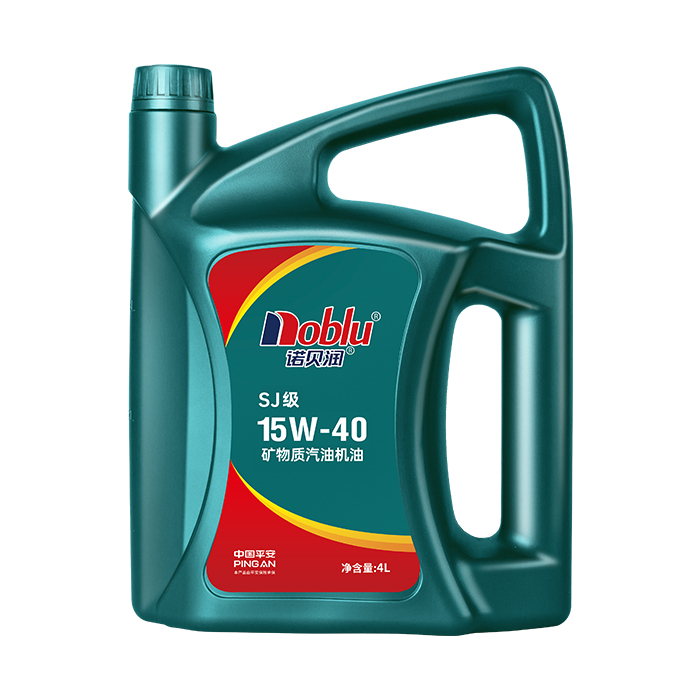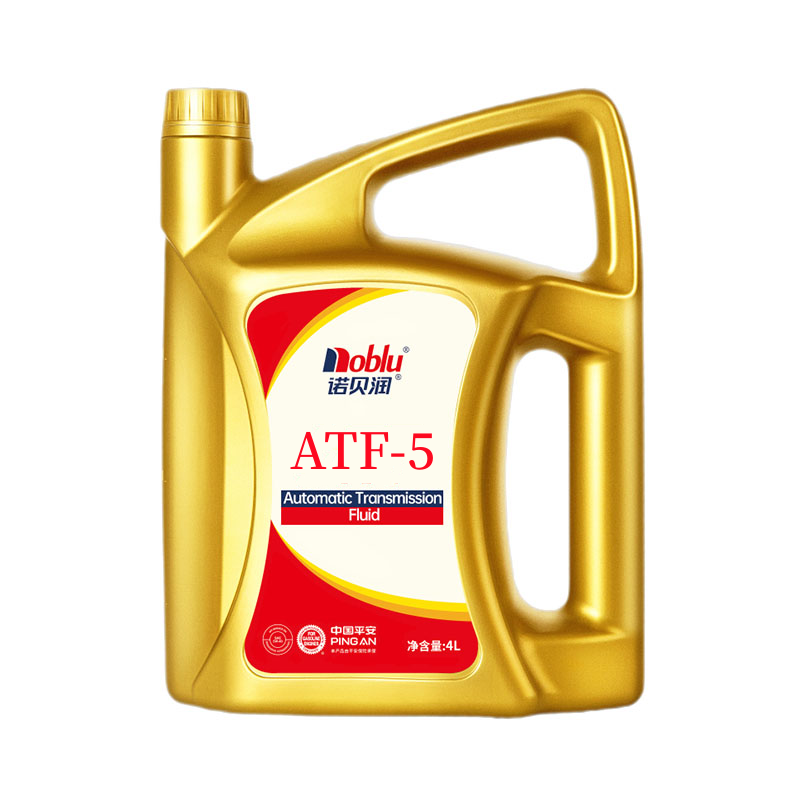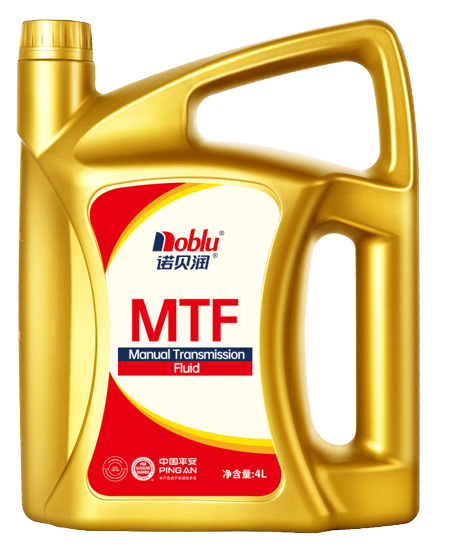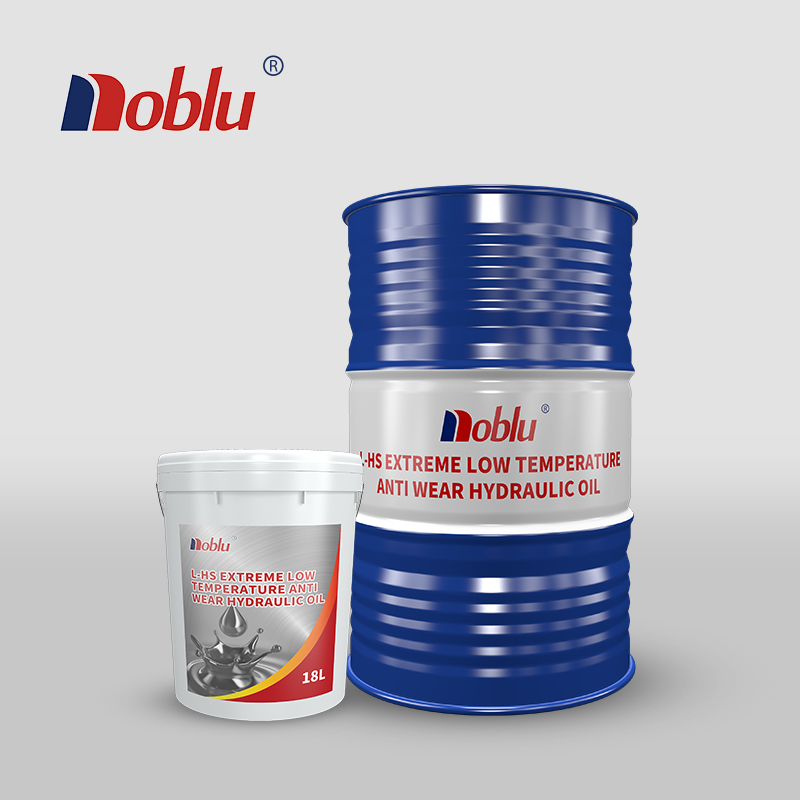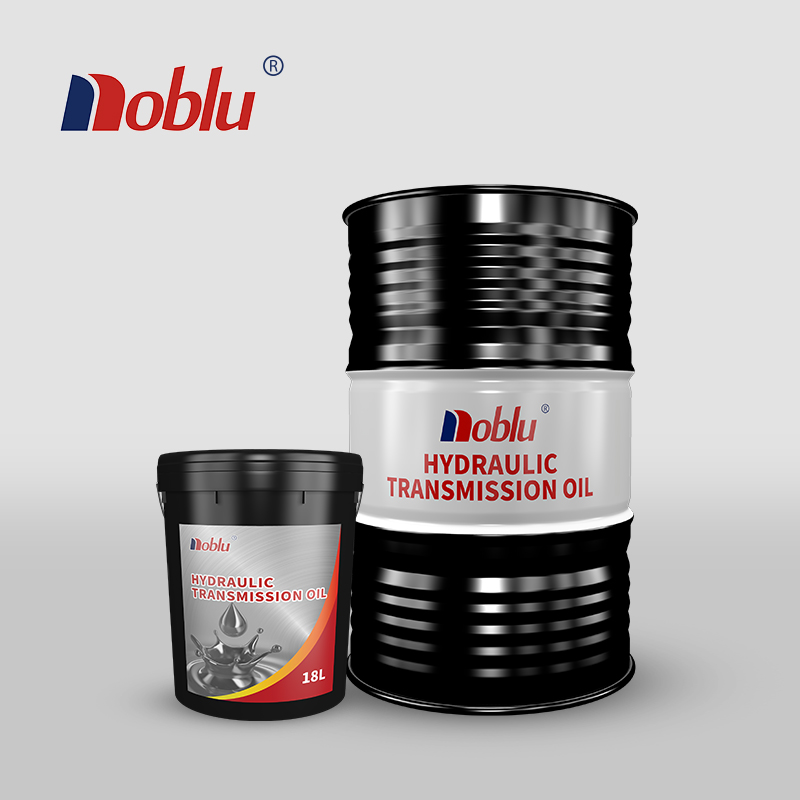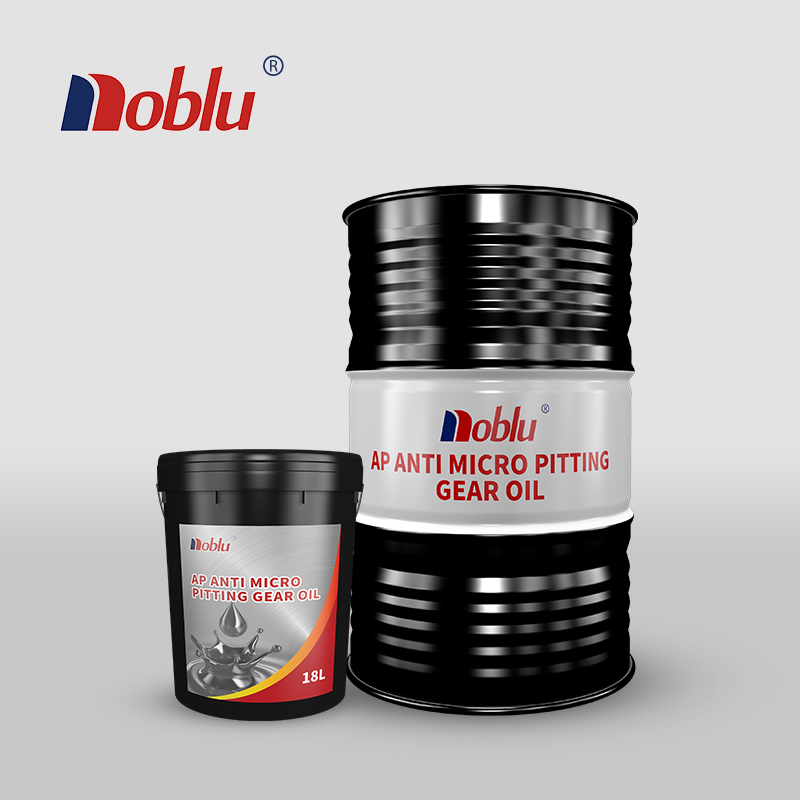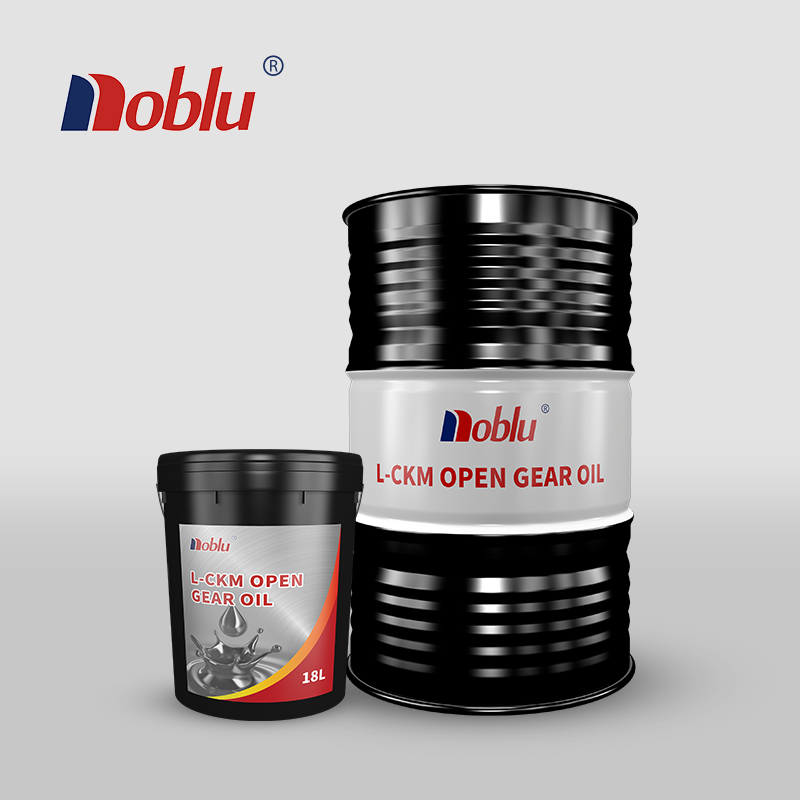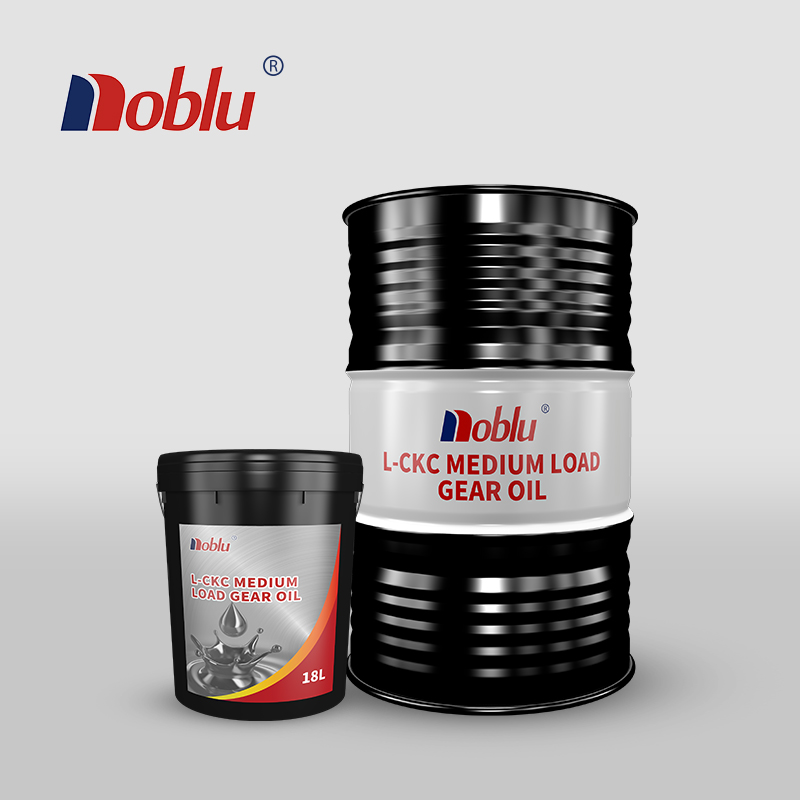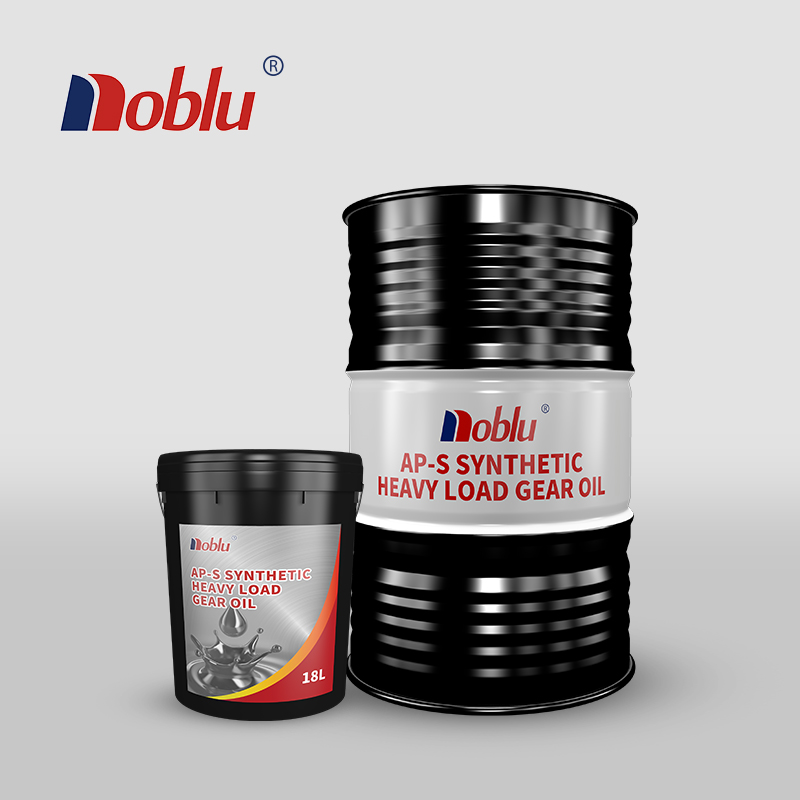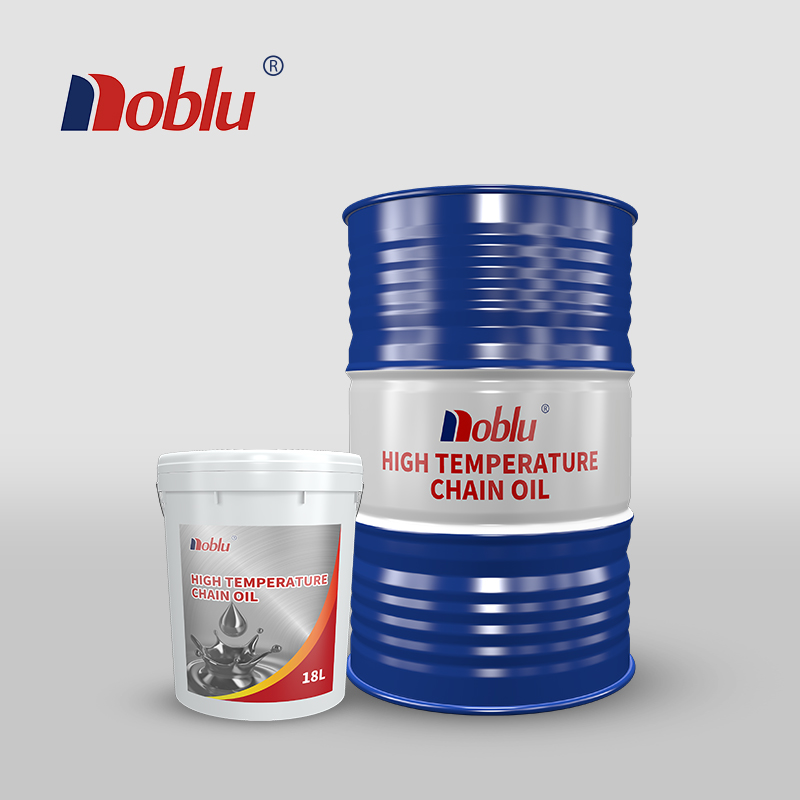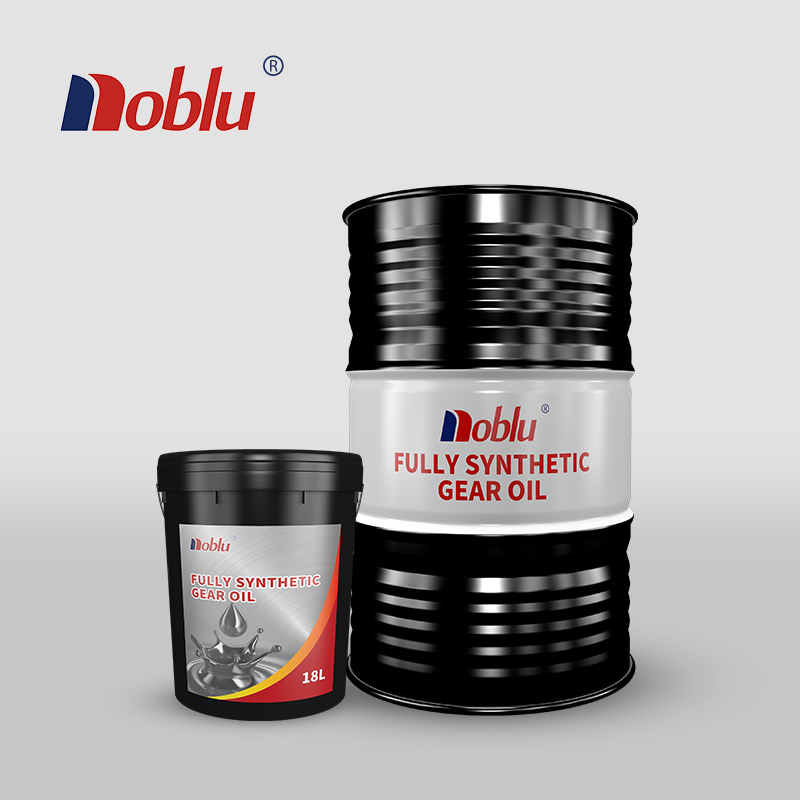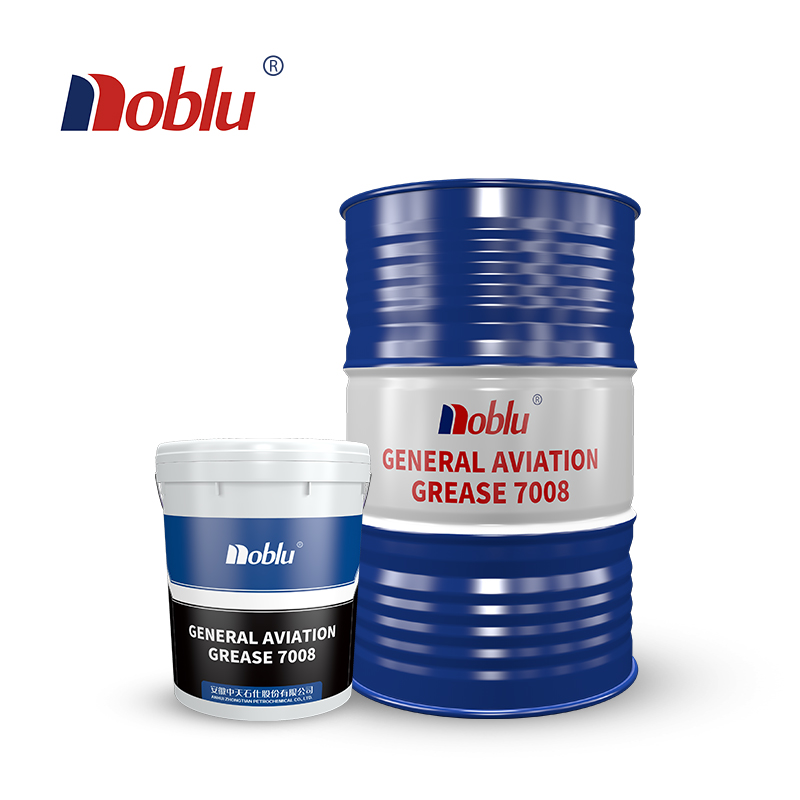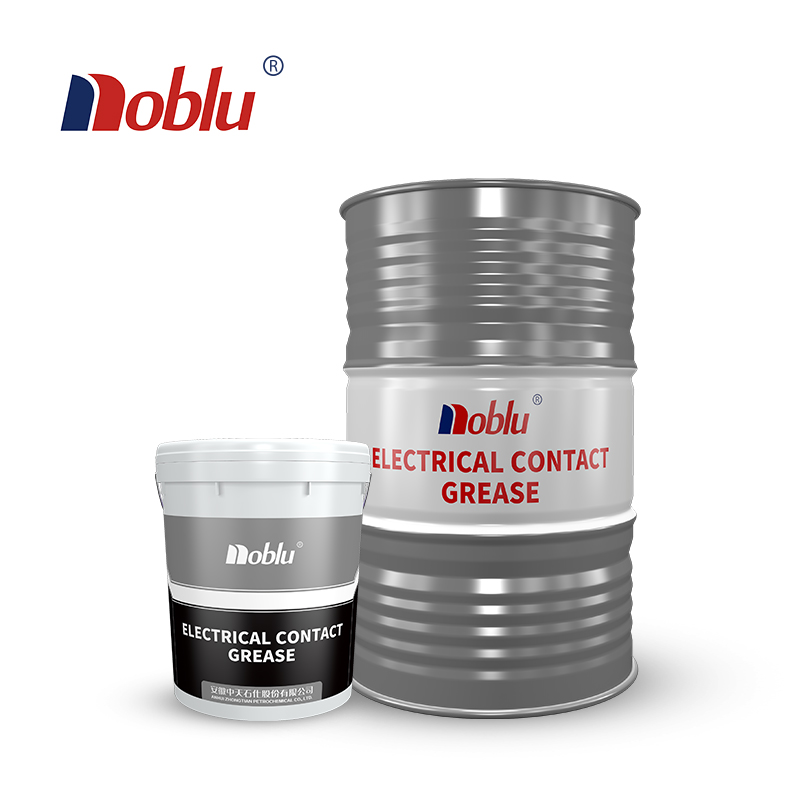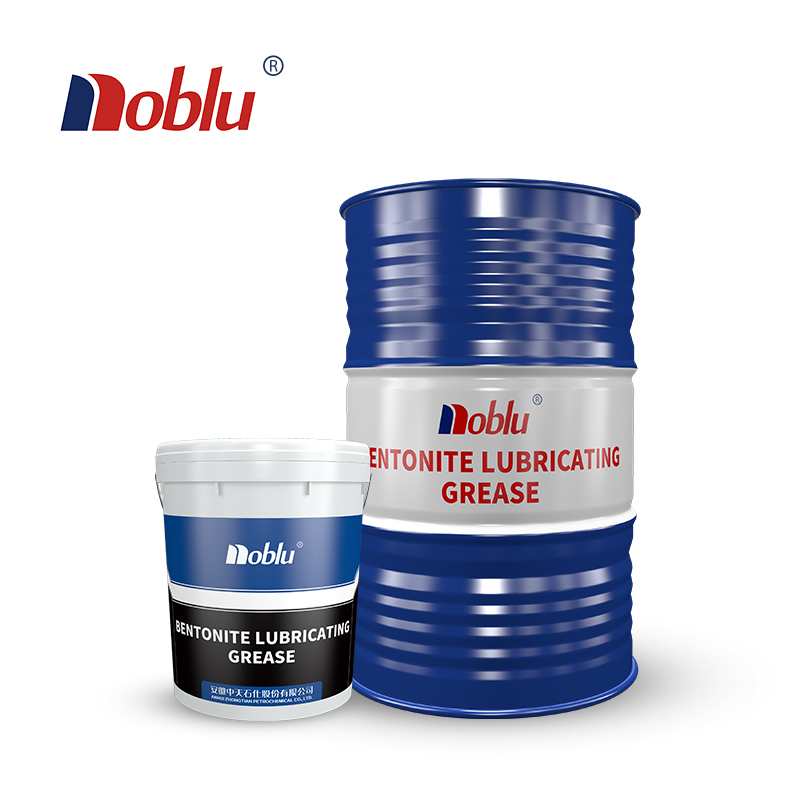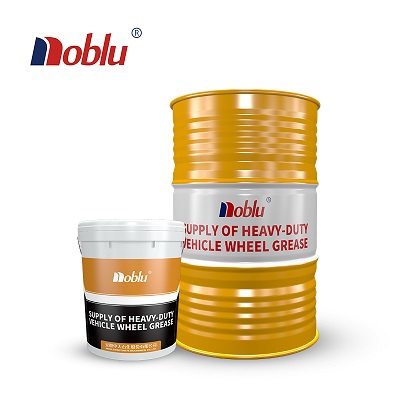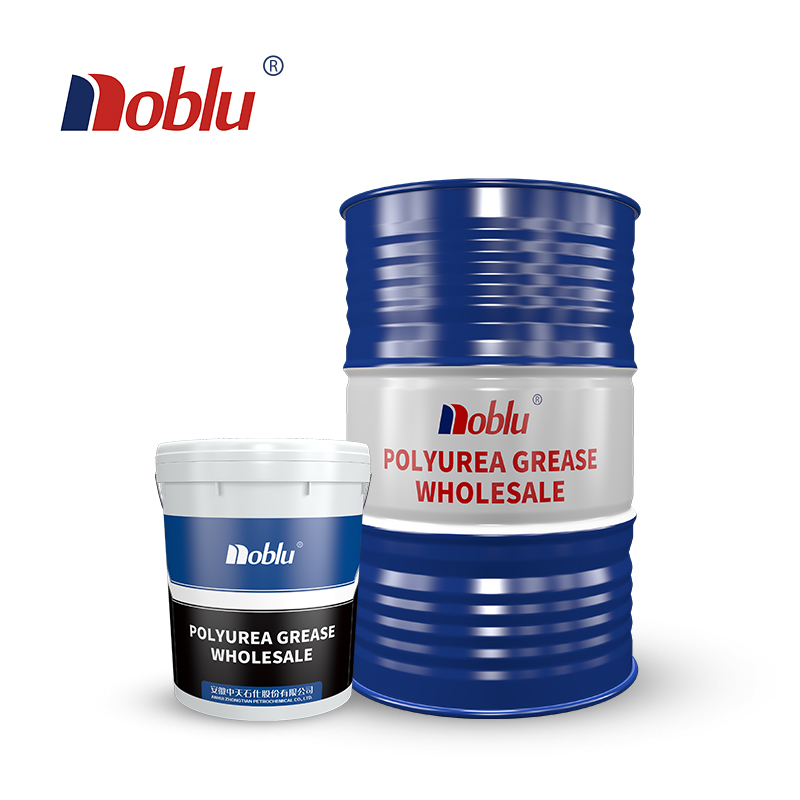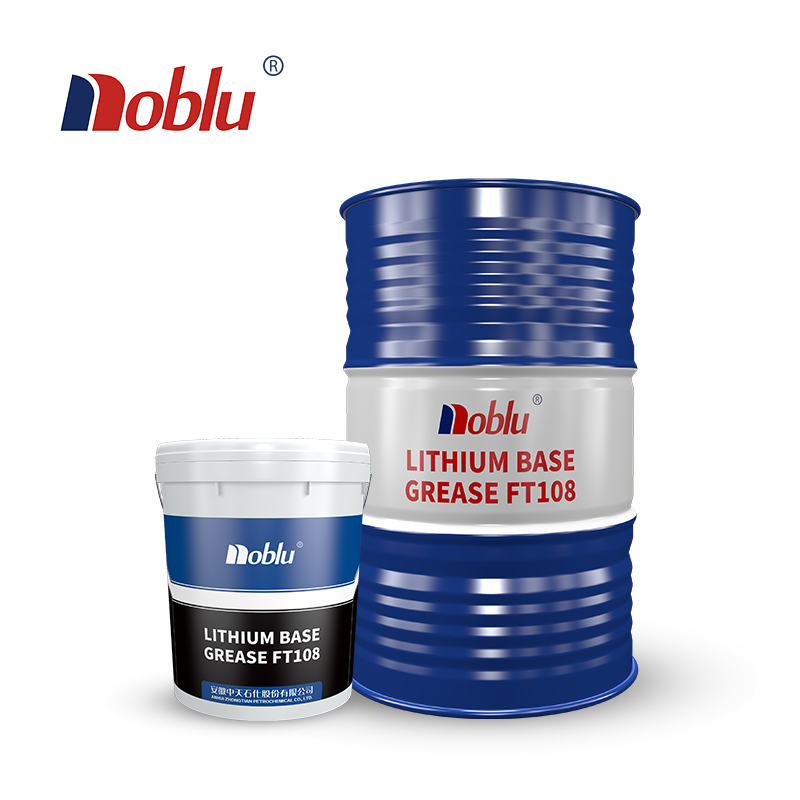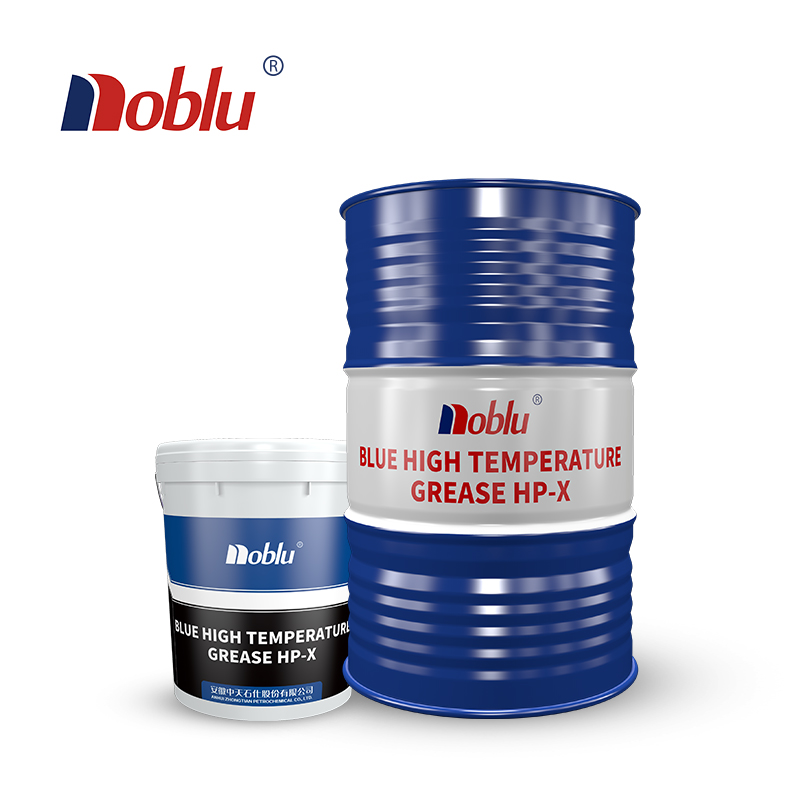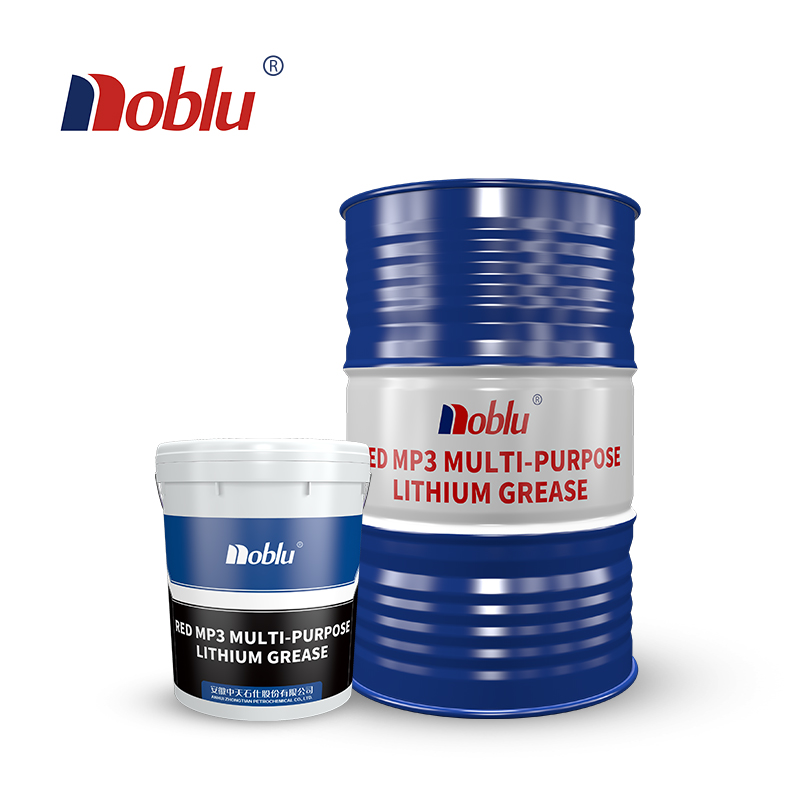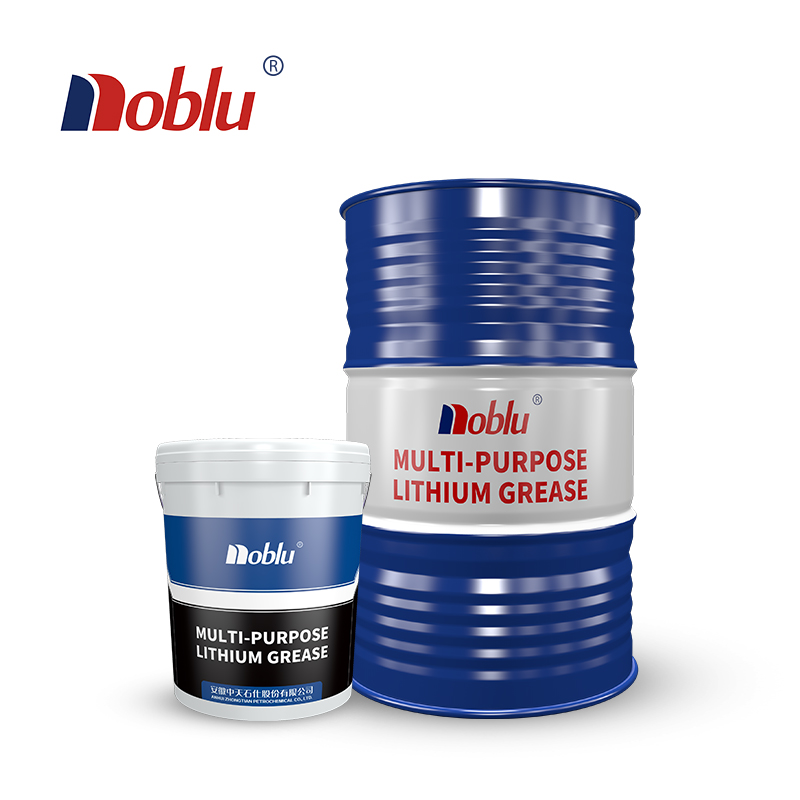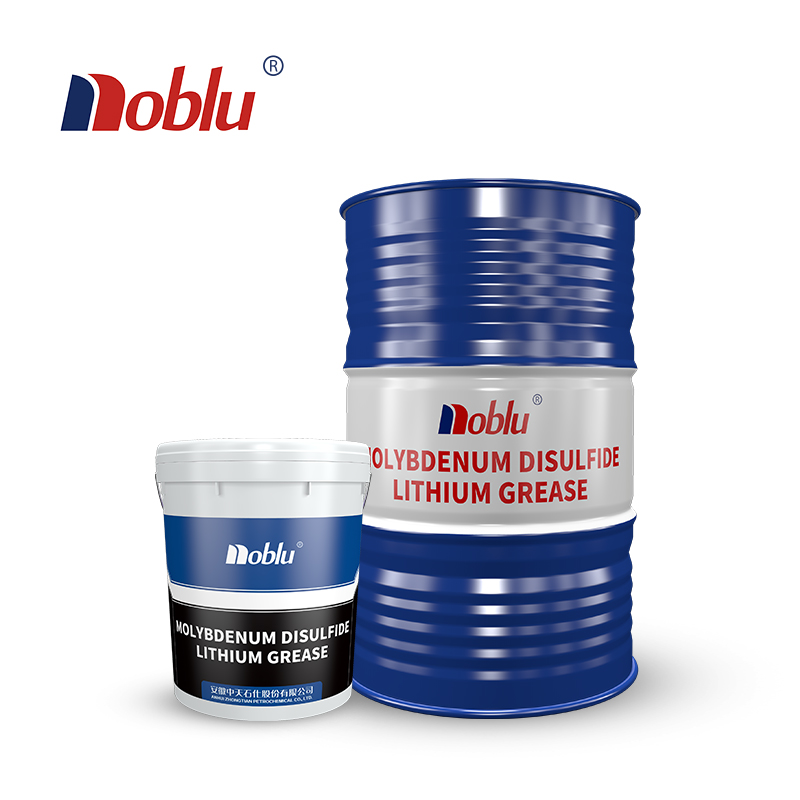Why is Engine Oil Important?
Engine oil plays a vital role in the proper functioning and longevity of a vehicle's engine. Here are some key reasons why engine oil is important:
Lubrication:
One of the primary functions of engine oil is to lubricate the moving components of the engine. It forms a thin film between the engine parts, reducing friction and wear. By lubricating the engine, oil helps minimize the heat generated by the friction, preventing excessive wear and tear on critical engine components.
Heat Dissipation:
Engine oil also assists in dissipating heat from the engine. As the engine operates, it generates a significant amount of heat. The oil absorbs heat from various engine parts and carries it away, helping to maintain optimal operating temperatures. Efficient heat dissipation prevents overheating and potential engine damage.
Cleaning and Protection:
Engine oil contains detergents and additives that help clean the engine by removing dirt, debris, and contaminants. It forms a protective barrier on engine surfaces, preventing the accumulation of harmful deposits and reducing the risk of corrosion. Clean oil promotes better engine performance and extends the life of engine components.
Seal Conditioning:
Gaskets and seals within the engine require proper lubrication to stay flexible and prevent leaks. Engine oil helps condition these seals, ensuring they remain intact and effective over time. Well-maintained seals help maintain proper compression levels within the engine, preventing oil leaks and maintaining engine efficiency.
Fuel Efficiency:
Using the correct type and quality of engine oil can contribute to improved fuel efficiency. When engine parts are well-lubricated, friction is reduced, allowing the engine to operate more smoothly. This efficiency translates into better fuel economy, saving you money at the pump.
Engine Performance and Longevity:
Regularly changing the engine oil and using high-quality oil can significantly enhance engine performance and longevity. By providing proper lubrication, cleaning, and protection, engine oil helps minimize wear and tear, reducing the risk of engine breakdowns and costly repairs. Well-maintained engines are more likely to run smoothly and last longer.
Types of Engine Oils:
1.Mineral Engine Oil:
Mineral engine oil is the most commonly used engine oil and is made from crude oil. This type of engine oil is affordable and widely available. However, it requires more frequent oil changes than synthetic or semi-synthetic engine oils. It is suitable for older vehicles or those with low mileage.
2.Synthetic Engine Oil:
Synthetic engine oil is made from chemical compounds and offers superior performance and protection compared to mineral engine oil. It provides better lubrication, thermal stability, and resistance to breakdown. Synthetic engine oil is ideal for high-performance vehicles, extreme climates, and towing applications. It usually lasts longer than mineral engine oil and requires less frequent oil changes.
3.Semi-Synthetic Engine Oil:
Semi-synthetic engine oil is a blend of mineral and synthetic engine oil. It provides a balance of performance and affordability and is suitable for vehicles with moderate driving conditions.
Factors to Consider When Choosing Engine Oil:
1.Viscosity: Viscosity refers to the thickness of the engine oil. It is indicated by a numerical value followed by the letter "W" (winter) on the oil container. For example, 5W-30 or 10W-40. The first number represents the viscosity at low temperatures, while the second number represents the viscosity at high temperatures. Choose an oil viscosity that matches the manufacturer's recommendation for your motor vehicle's operating conditions.
2.Driving Conditions: Consider your driving conditions when selecting engine oil. If you frequently drive in extreme temperatures or tow heavy loads, choose a synthetic engine oil that provides better protection and performance.
3.Manufacturer's Recommendation: Refer to your car owner's manual for the manufacturer's recommended type and viscosity of engine oil. Following this recommendation ensures the oil meets the engine's requirements and maintains warranty compliance.
4.Additives: Look for engine oils with additives that provide additional benefits, such as detergents to keep the engine clean, antioxidants to prevent oxidation, and viscosity modifiers to maintain consistent performance in different temperatures.
How to Check Your Car's Engine Oil:
1.Turn off the engine and wait for a few minutes for the oil to settle.
2.Open the hood and locate the dipstick, which is usually marked with an oil can symbol.
3.Pull out the dipstick and wipe it clean with a cloth.
4.Reinsert the dipstick and pull it out again to check the oil level. The oil level should be between the two marks on the dipstick.
5.Check the oil's color and consistency. The oil should be amber-colored and have a smooth consistency. If the oil appears milky or foamy, it may indicate a problem with the engine's cooling system, and you should seek professional help.
Conclusion: Choosing the best engine oil for your motor vehicle is essential for optimum performance and protection of your engine. Consider factors such as viscosity, driving conditions, manufacturer's recommendations, and additives when selecting engine oil. Regularly checking your car's engine oil level and changing the oil at recommended intervals will help ensure the optimal performance and longevity of your vehicle's engine.







